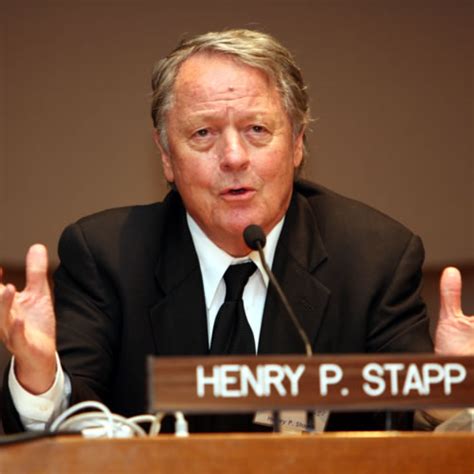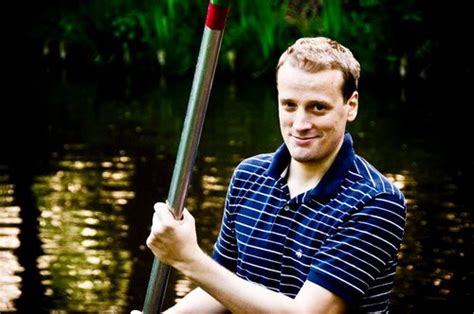A Quote by Allan McLeod Cormack
Since my first discussions of ecological problems with Professor John Day around 1950 and since reading Konrad Lorenz's "King Solomon's Ring," I have become increasingly interested in the study of animals for what they might teach us about man, and the study of man as an animal. I have become increasingly disenchanted with what the thinkers of the so-called Age of Enlightenment tell us about the nature of man, and with what the formal religions and doctrinaire political theorists tell us about the same subject.
Quote Topics
About
Age
Age Of Enlightenment
Animal
Animals
Around
Become
Day
Discussions
Disenchanted
Ecological
Enlightenment
First
Formal
Increasingly
Interested
John
King
Man
Might
Nature
Nature Of Man
Political
Problems
Professor
Reading
Religions
Ring
Same
Since
So-Called
Solomon
Study
Subject
Teach
Tell
Theorists
Thinkers
Us
Related Quotes
I've often wondered about the shyness of some of us in the West about standing for these ideals that have done so much to ease the plight of man and the hardships of our imperfect world. Let us be shy no longer. Let us go to our strength. Let us offer hope. Let us tell the world that a new age is not only possible, but probable.
Our beliefs about ourselves in relation to the world around us are the roots of our values, and our values determine not only our immediate actions, but also, over the course of time, the form of our society. Our beliefs are increasingly determined by science. Hence it is at least conceivable that what science has been telling us for three hundred years about man and his place in nature could be playing by now an important role in our lives.
I remember back in the 1960s - late '50s, really - reading a comic book called 'Martin Luther King Jr. and the Montgomery Story.' Fourteen pages. It sold for 10 cents. And this little book inspired me to attend non-violence workshops, to study about Gandhi, about Thoreau, to study Martin Luther King, Jr., to study civil disobedience.
Literary men now routinely tell their readers about their divorces. One literary man who reviews books wrote, in reviewing a study of Ruskin, that he had never read a book by Ruskin but that the study confirmed him in his belief that he didn't want to read a book by Ruskin. This man very often writes about his family life.
A young man is not a proper hearer of lectures on political science; for he is inexperienced in the actions that occur in life, but its discussions start from these and are about these; and, further, since he tends to follow his passions, his study will be vain and unprofitable, because the end that is aimed at is not knowledge but action. And it makes no difference whether he is young in years or youthful in character.
We scientists have way too much a tendency to simplify problems. I guess it actually comes to us naturally. Take the simplest unit, separate out all the confusing, external factors. Study it. Make sure you understand it. And in psychology that means the person studying the individual. But if you want to study our social nature, if you want to study processes that will lead to war and peace, you don't learn all that much by looking at the single individual. A lot of the important things are emergent facts about us, things that you can only see when you get a lot of us interacting.
Service is selflessness--the opposite of the lifestyle that we see so much of in America today. The things that entertain us don't often lift us up, or show us as the people we can rise up to become. The people who appear in this book--and others who did things I can't talk about--are my role models. They quietly live out the idea expressed in the Bible (John 15:13): "Greater love has no man than this, that a man lay down his life for his friends.
In recent years it has become impossible to talk about man's relation to nature without referring to "ecology"...such leading scientists in this area as Rachel Carson, Barry Commoner, Eugene Odum, Paul Ehrlich and others, have become our new delphic voices...so influential has their branch of science become that our time might well be called the "Age of Ecology".
On the plane the other day, there was man who was wearing a tank top, shorts and Birkenstocks - and I don't think that's acceptable. First class should have a f - ing dress code. It's not about money. It's about education. When you build an environment where people can study well, they'll work better. If you teach people to dress correctly, to take personal hygiene seriously, when we teach them about culture, they will be greater.




































